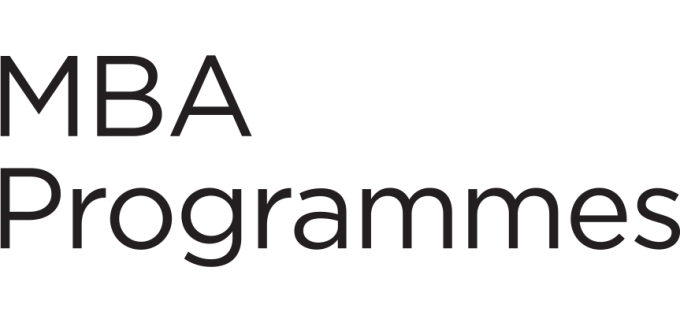Knowledge Exchange

The Best Route to Become a Strategy Consultant
As an MBA student, you may be thinking about pursuing a career in strategy consultancy or management consultancy. Strategy consultants look at a business and make suggestions based on its challenges and goals, helping on everything from increasing sales to cutting costs and beating competitors by analyzing a business’s goals and practices, studying market trends, and evaluating the competition. A strategy consultant may also identify potential opportunities by collating and analyzing data.
What then, is the best route to becoming a strategy consultant? We speak with Eiji Soma, Class of 2017, who has successfully transitioned his career from the Transportation and Infrastructure industry into the management consulting field. He is currently working as a Management Consultant at Boston Consulting Group in Japan.
HKU MBA: You have a very interesting background by transforming your career from East Japan Railway in the Transportation and Infrastructure industry to Management Consulting. What made you want to transition into this field?
Eiji Soma: I began my career at East Japan Railway as station staff and then worked across various operation related-jobs, including train diving. I still hold a national train driver’s license!
Luckily, I got sponsorship from the company to pursue the MBA Programme at HKU, where I met many classmates and alumni who like me, came to HK to pursue new career opportunities.
The cohort truly inspired me to consider new career opportunities and expanded my horizons of the job market, which was particularly profound for someone like me, who was neither experienced nor knowledgeable as a business professional during that time in my life.
HKU MBA: Presumably you were required to return to the company after the MBA programme, . what happened after the programme?
Eiji Soma: After graduating from the MBA Programme, I returned to the company in Japan and took a role in financial accounting. But one day, I received a message from a recruiting agent on LinkedIn asking me whether I was interested in jobs at consulting firms in Tokyo and I said yes – that was the beginning of my career transition.
HKU MBA: That is excellent timing! It will be great if you can share some the tips about the interview process.
Eiji Soma: I would say there are three steps involved:
- Get in touch with the recruiting agent who covers the area you want to work in
- Learn from them and ask direct questions about what you need to prepare to meet your employer’s goals. Recruiters are great resources to leverage as they know people inside and how the overall hiring process goes, and above all, they have good financial incentives to support you (in Japan once you are hired and work over 6months they will make 30% of your annual salary, which is not a bad deal for them)
- Prepare for each process until you feel confident to articulate your experience and how that aligns with the job. Whilst the HKU MBA is an advantage, please remember that it does not give you the privilege to shortcut the hiring process – you still need to go through all the necessary processes.
Other tips that may be useful, are as follows:
- Writing Resume: You may want your recruiter to read yours and get some feedback – as they know what the successful candidates’ look like
- Written/Online assessment: Some firms may ask you to take one, so check with your agent and get some materials to study
- Interviews: Practice with case studies / or any materials your agent recommends. This is what I used and I think is great for you as well: Interviewing | Careers | McKinsey & Company (especially practice cases are very useful)
- Do that at least multiple times (based on your choice) so you can act/answer confidently enough
HKU MBA: Lastly, what would your advice be for current MBA students?
Eiji Soma: Meeting people would be the only advice from me. When I was an MBA student at HKU, the many people I met and mingled with were instrumental in me ending up to where I am now. Though you will be busy studying and job-hunting, building strong bonds with your cohort and the people you work with might help you. We cannot foresee what connections will help us in the future. Lastly, I want to say good luck guys with your MBA journey and I am very much looking forward to working with you on a global scale in years to come.









